Through the haze of continuous red smoke and the blurs created by the flashes of camera phones, the delirium - dashed with disbelief - was still pronounced.
Having earlier scaled a fence outside Otkrytie Arena with a guitar, as well as a “wonder drink” from his hometown of Millerovo, Denis Glushakov removed the scarf from his neck and swirled it triumphantly as chants of "We are the Champions" reached a crescendo amongst the sea of supporters.
Spartak 17/4 to beat Liverpool
Spartak Moscow, after 16 excruciating years, were the toast of Russian football again. Their intoxicated captain drank in those unbelieving scenes on May 7 from the top of a car surrounded by the club's faithful with goalkeeper Artyom Rebrov.
How did the perennial underachievers finally reach paradise, and who was most responsible for their long-awaited triumph?
Next Match
The answer was best illustrated 10 days later - ahead of the trophy presentation - as Spartak’s ultras, the Fratria, unveiled a tifo with the initials of each player on a periodic table and coach Massimo Carrera depicted as the professor that formulated success.
Meanwhile, in London, the genius of another Italian tactician was being celebrated after Antonio Conte, like his compatriot, had lifted a top-flight title in a new country at the first time of trying.
The Chelsea boss was as proud of Carrera’s success as his own, not only on account of their shared citizenship, but due to their valued relationship that began as Juventus players and spanned decades.
In 1991, both men transferred to the Bianconeri, with Conte joining from Leece and the defender arriving from Bari. Twenty years later, when the former replaced Luigi Delneri at the helm of the club, he appointed Carrera to the coaching staff as technical director, transporting the bond they had earlier shared in the dressing room to the dugout.
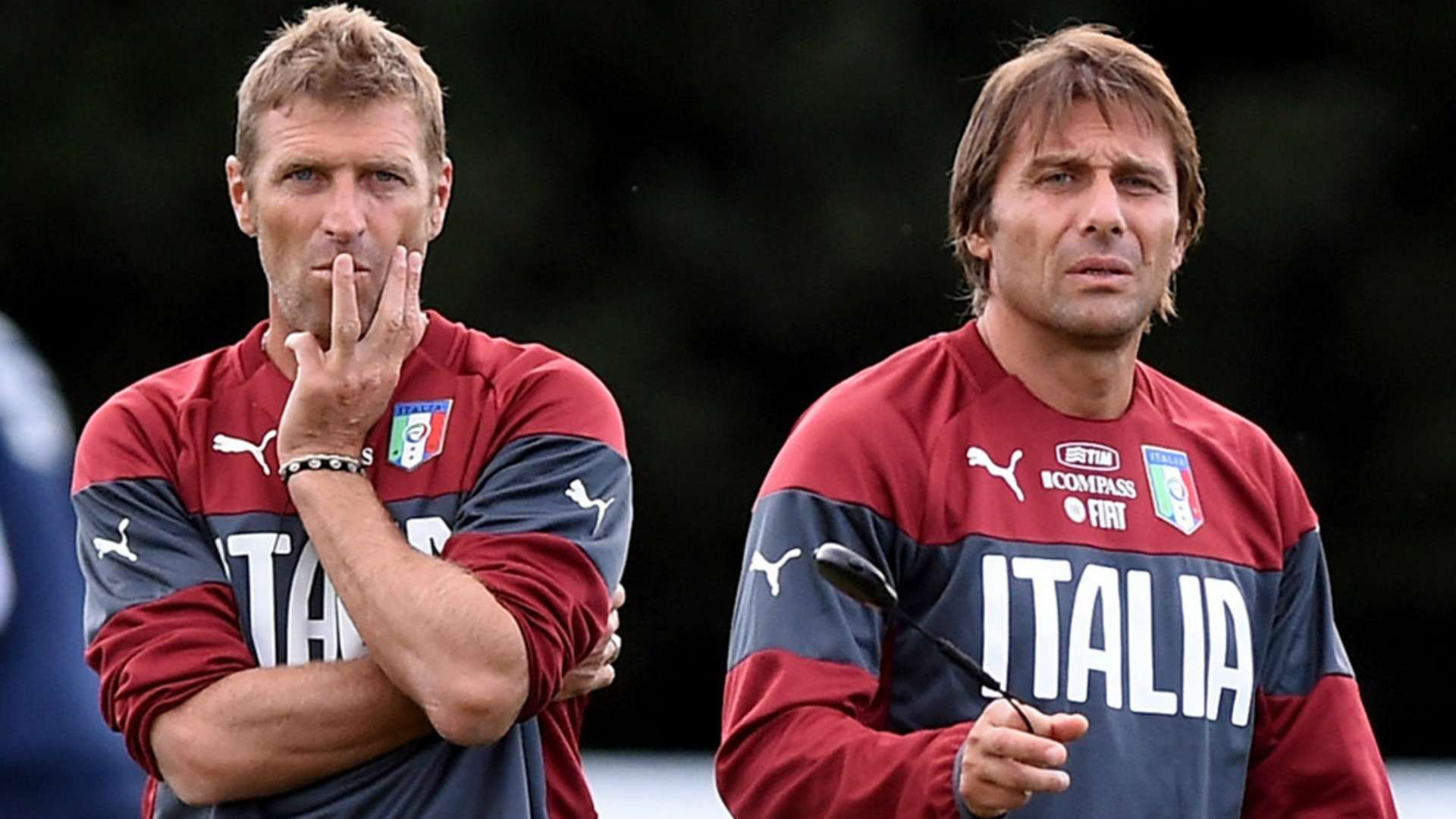 Getty
Getty
The 53-year-old, despite being Conte’s senior, studiously soaked up his methods and admitted working alongside his countryman was like “getting a university degree” in management.
That proved useful in August 2012 when his former team-mate was dealt a 10-month ban - later reduced to four on appeal - for failing to report match-fixing and Carrera had to fill the temporary void.
“I experienced every day for the past year working with him, so I do not have a problem replacing him,” he told journalists at the time, revealing they shared “the same idea of football".
Carrera was unbeaten during his time as caretaker, claiming the Supercoppa Italiana in his first match in charge, before following Conte out of Juve to serve the Italian national team between 2014 and 2016.
But when Carrera's mentor was approached by Chelsea and the Premier League side asked him to also join the staff, a more left-field offer had already attracted the attention of the man who won everything as part of the Bianconeri's rearguard.
“They called me after the Euros,” Carrera told La Stampa. “I was sure I could have gone to Chelsea with Conte, and I very much liked the idea, but this was something different.”
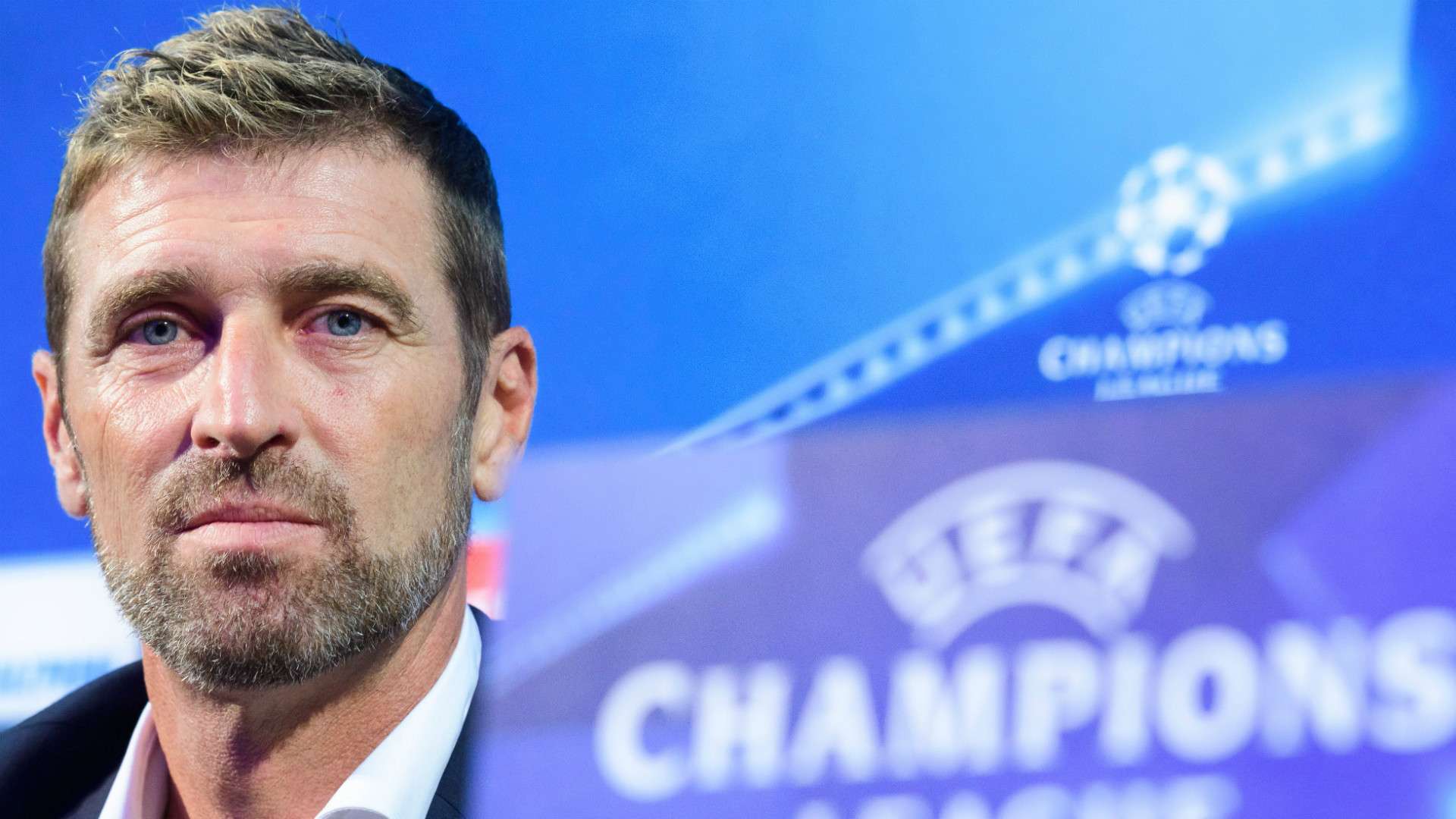
At the beginning of the tournament, Carrera met Spartak manager Dmitry Alenichev, who was seeking an assistant to remedy his defence. The club’s owner Leonid Fedun wanted an Italian option to complement goalkeeping coach Gianluca Riommi, and Alessandro Nesta was the priority target.
However, the legendary centre-back was not inclined to abandon his ambitious project at Miami FC to play second fiddle in Russia.
Riommi then suggested Carrera and, as Alenichev recalled: “We met in Lyon after the game between Italy and Belgium and made an official offer immediately afterwards. Massimo agreed in principle and the contract was signed after the tournament ended.”
What happened in the months that followed was "impossible and unimaginable", as per Carrera’s words.
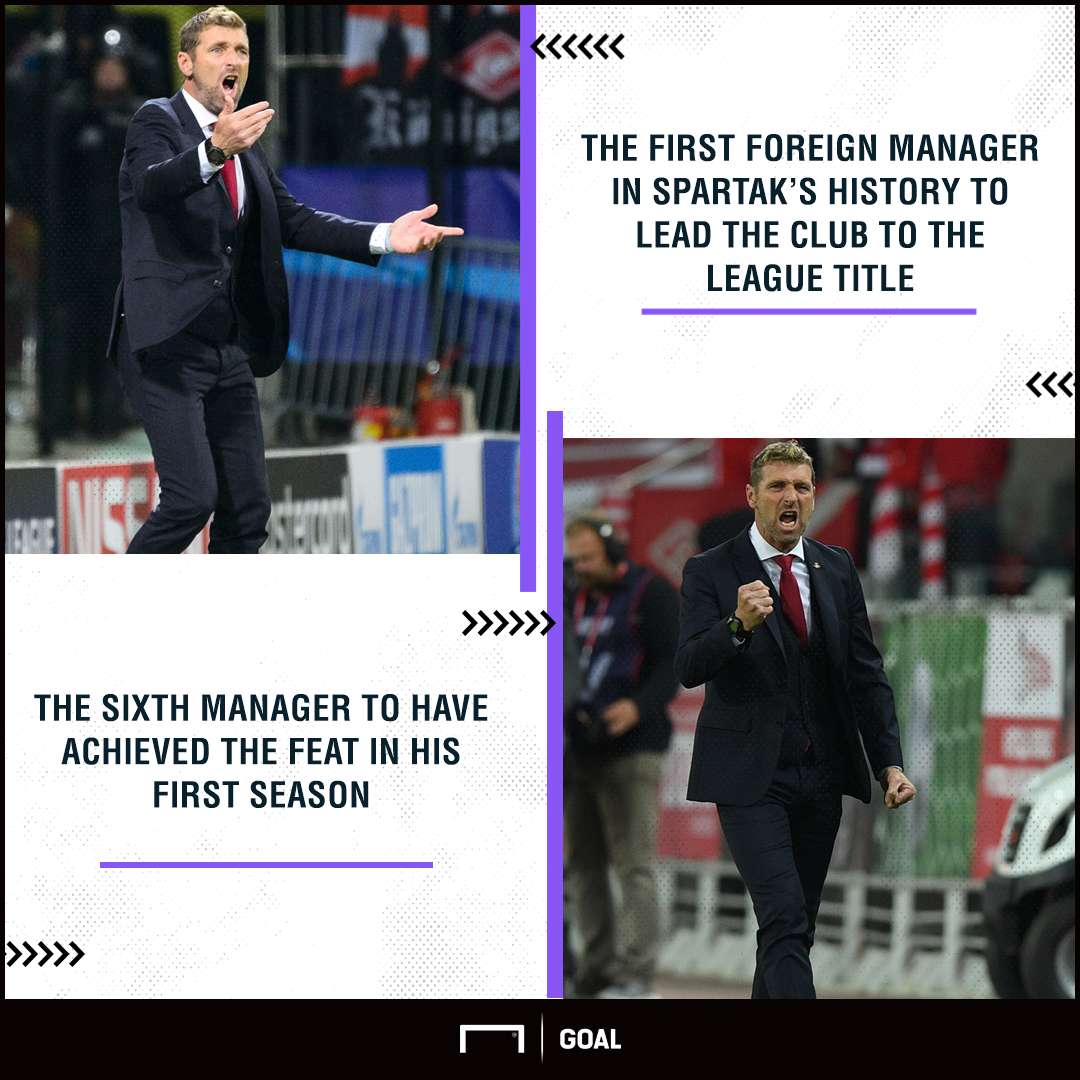
Fedun had unsuccessfully tried to replace Alenichev with his preferred choice Kurban Berdyev in the off-season and, at the first sign of trouble, it was clear he’d try again. Knowing this, a shock defeat to Cypriot side AEK Larnaca in Europa League qualifying saw the manager submit his resignation and Carrera was put in charge for the next two games.
That would allow Fedun time to again court Berdyev, who admitted “talks did take place, and they were serious.” However, negotiations disintegrated over the extent of control he would have at the club and Carrera had shown an immediate nous in the role, which led to his position becoming permanent.
Over the next months, the football obsessive who had only called time on his playing career at the age of 44, built on the offensive foundations at the club and their possession-based template.
Most importantly, though, he added superior protection and organisation without the ball, made Spartak fitter, as well as added a mental steel that saw them strike late on to win games that might have otherwise been surrendered.
There was a greater sense of togetherness as even those on the fringes felt like they were core to the cause.
Like Liverpool manager Jurgen Klopp, who Carrera will pit his tactical acumen against in the Champions League on Tuesday night, the man from northern Italy is a ball of animation on the touchline.
“His passion is always apparent barely sitting on the bench during any game I can recall - and it seemed to resonate with the players, not least Quincy Promes, the No.10 and star man,” Russian football journalist Danny Armstrong told Goal.
“He has a hugely respectable pedigree and instilled belief first and foremost. He has united the terrace with ultras carrying the message, 'Massimo, one of us' in appreciation. They believe he gets the ethos of the club.”
Spartak fans had become so accustomed to seeing their side dazzle only to dim when it came to the crunch that they only allowed themselves to think about the title when it was within touching distance.
Carrera had done in Moscow what Klopp planned to do from his first day at Liverpool - “turn doubters into believers.”
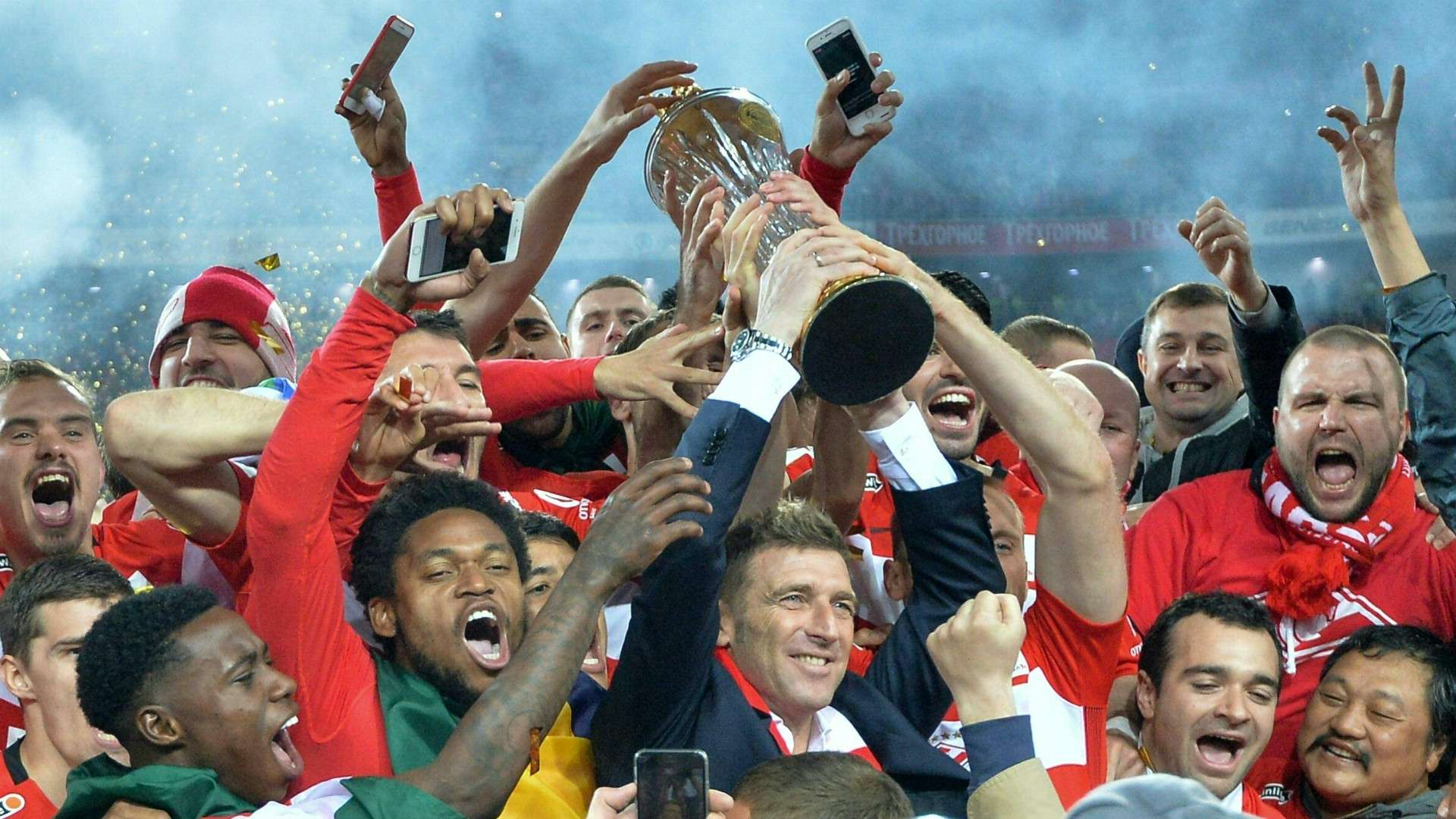
While tactically dissimilar, the Reds boss and his counterpart are both advocates of collective responsibility that stretches beyond the pitch, as well as being proactive rather than passive.
What approach will Klopp need to combat at the Otkrytie Arena? Carrera usually opts for a 4-2-3-1 formation that can switch to a 4-3-3 - as was the case in the 2-2 draw against Anzhi Makhachkala over the weekend - with an emphasis on constructing play from the back as well as pacy, direct attacks from wide areas.
As is the case at Liverpool, the Italian demands flexible movement from his players to disrupt the organisation of the opponents, while defensively, he prefers man-marking and operating from deeper zones.
“Spartak haven’t enjoyed the greatest start to the Russian Premier League this season (they are currently seventh - 10 points off top spot), but European football brings the world's watching eyes and a chance to beat one of the most recognisable clubs on the continent,” Armstrong says of a side sweating on the fitness of Promes, their gold dust.
“Klopp won’t be the only charmer in the post-match interview room and everyone in attendance will be treated to a bear-pit atmosphere and swift, attacking football as well as a midfield scrap led by Brazilian warhorse Fernando.
“Spartak’s weak spot lies in the back four, where they haven’t adequately strengthened this summer.”
Liverpool supporters will find familiarity in the line above, given the club’s failure to recruit a pedigreed centre-half as a priority, and they will bank on the talents of their forward unit to do damage.
Klopp, too, will want to perplex Professor Carrera and further disturb Spartak’s equilibrium on Tuesday night.

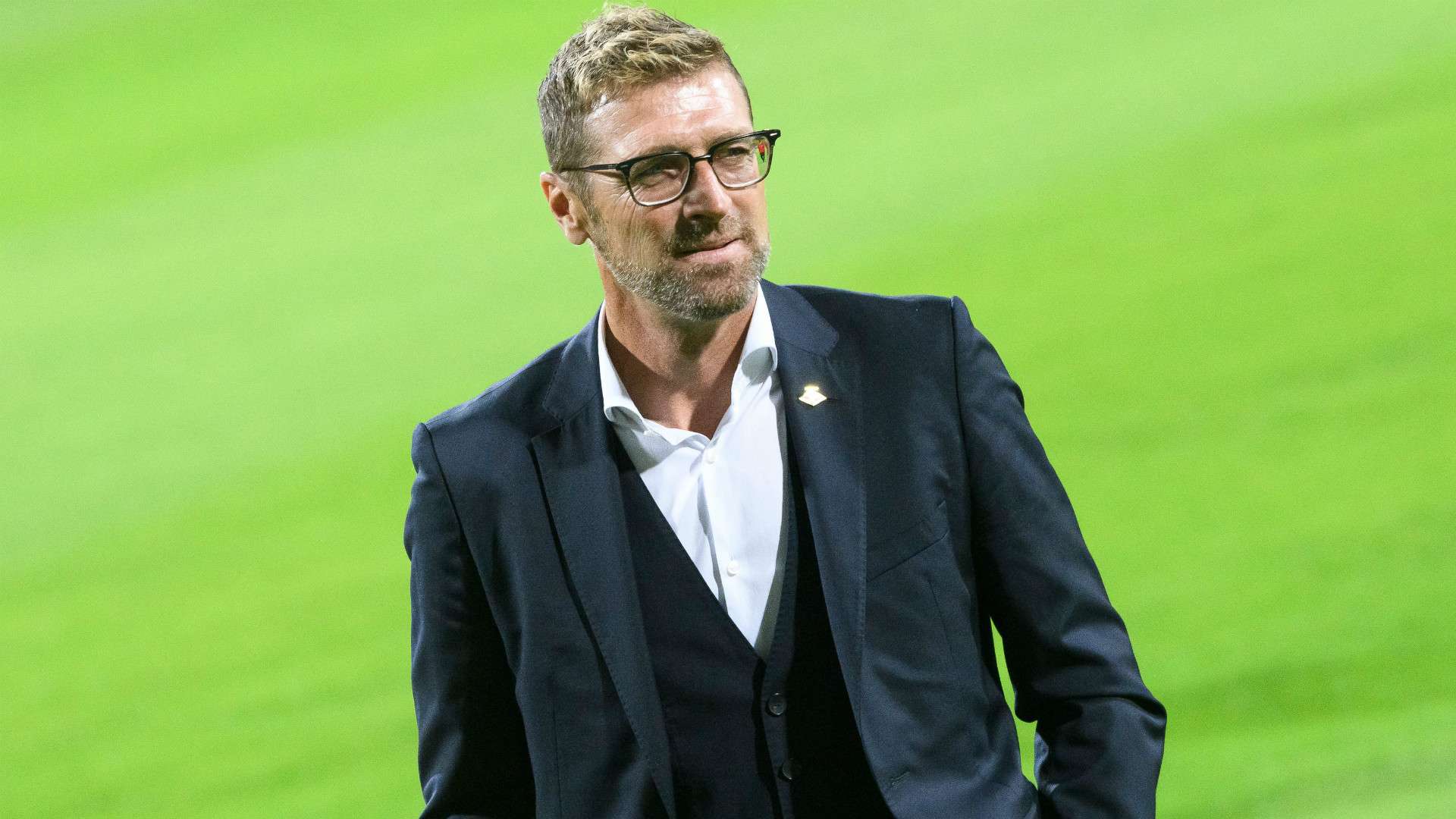



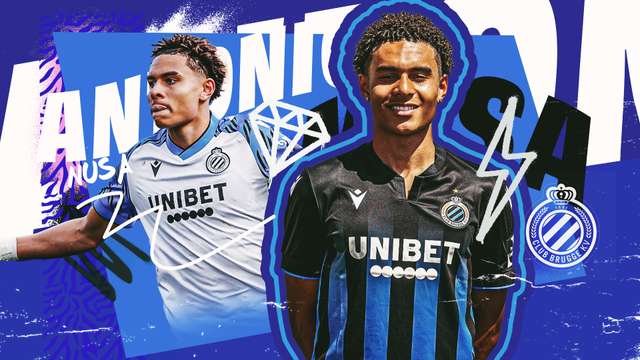
.jpg?auto=webp&format=pjpg&width=640&quality=60)
.jpg?auto=webp&format=pjpg&width=640&quality=60)